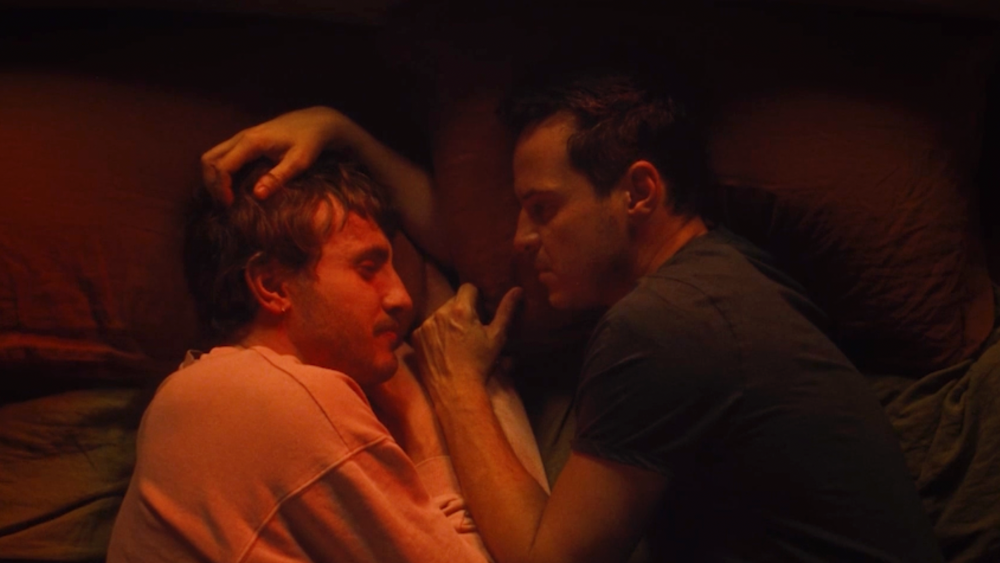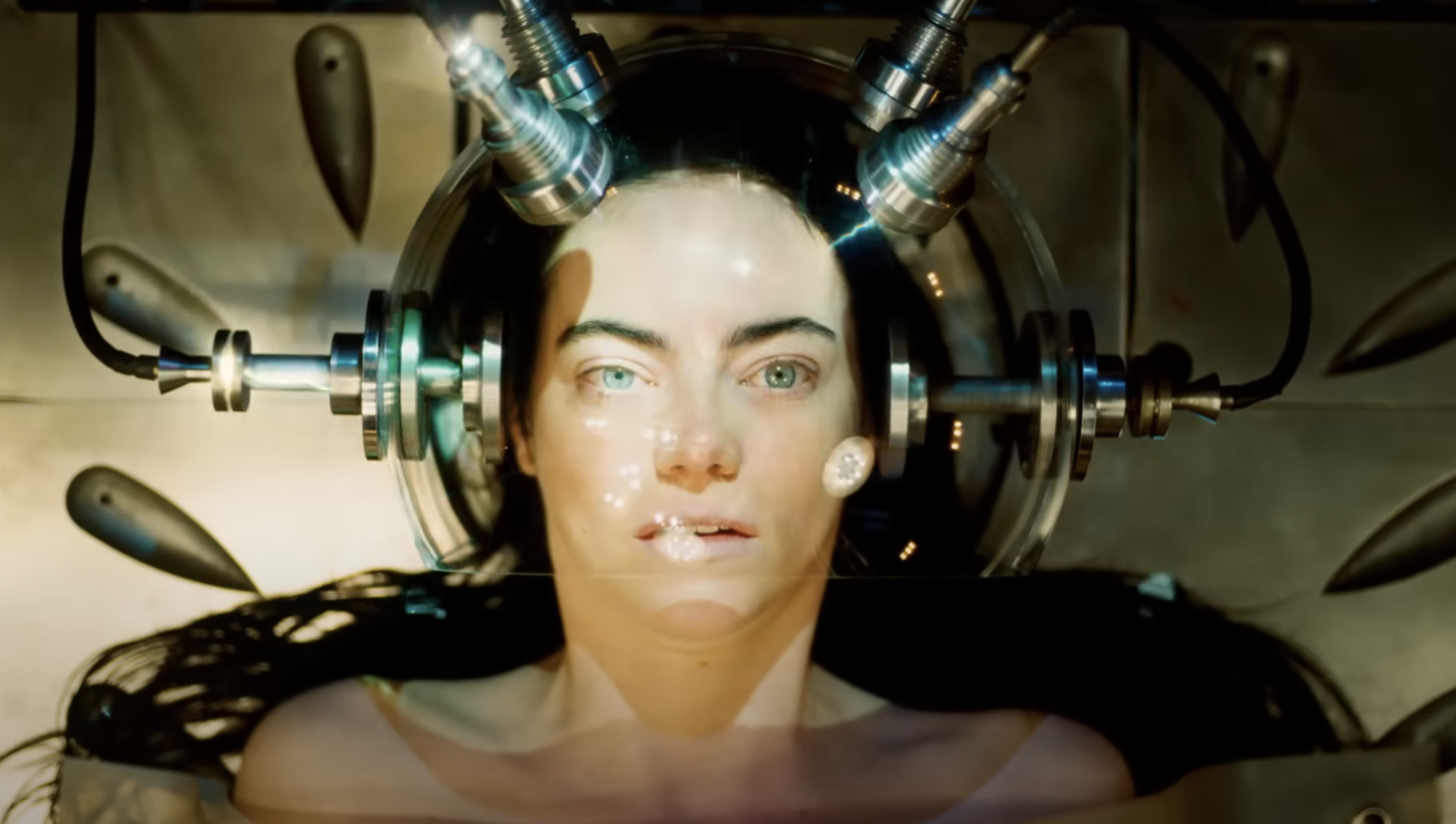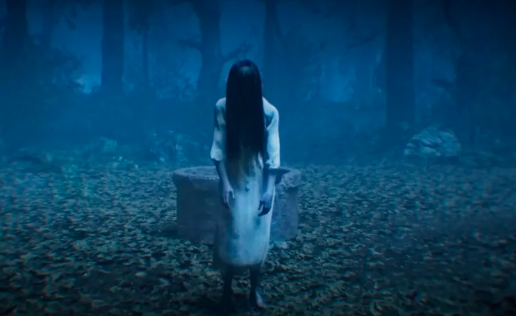Books & Culture
That New 2016 Star Wars Movie Is Inspired By Some Great Books
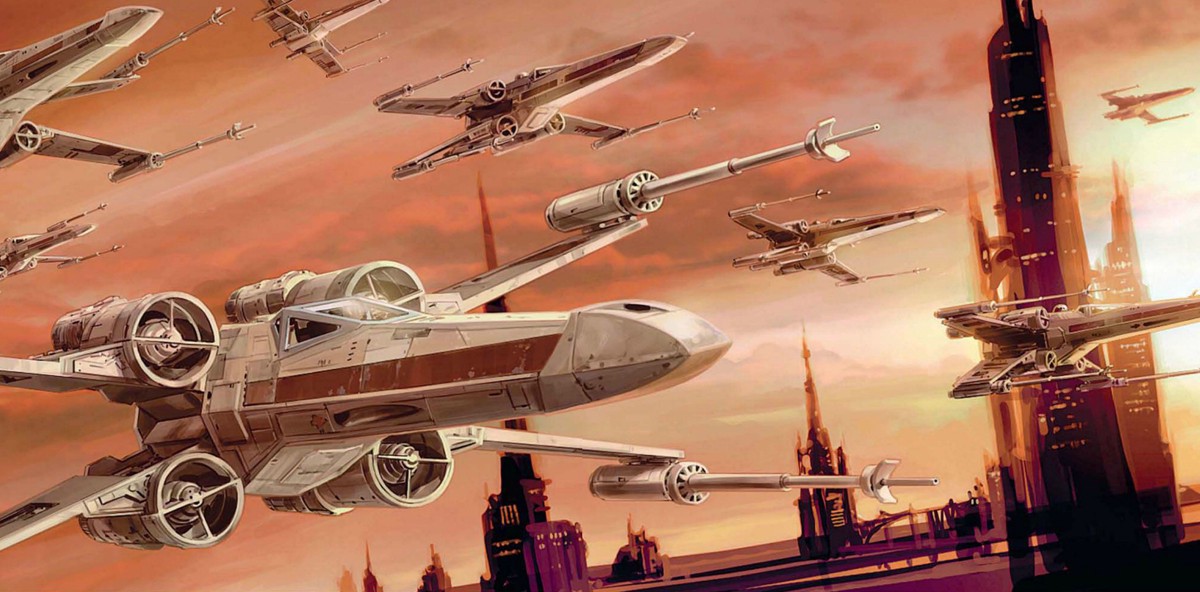
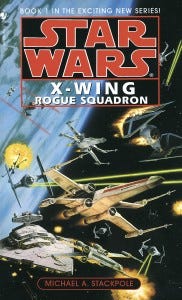
Late last week, the Internet got what it can never get enough of: more Star Wars movie news. But this time the revelations weren’t about this year’s impending Star Wars Episode VII: The Force Awakens, but instead, about the first “stand alone” Star Wars film. Supposedly, these self-contained movies will be totally watchable even if you don’t know crap about Star Wars, making them tonally the opposite of all the Star Wars movies released after 1980. The first of these is the 2016 release titled Star Wars: Rogue One, which seems to indicate it’s probably going to focus on the exploits of a gaggle of outer space fighter pilots called Rogue Squadron. Though briefly mentioned in the existing Star Wars movies, Rogue Squadron easily achieved their greatest popularity off-screen through a series of 1990’s novels and comic books, primarily written by Michael Stackpole. And those books are actually pretty great.
In the “reality” of Star Wars, Rogue Squadron is the team-name that a certain group of fighter pilots assigns to themselves after most of their friends died trying to blow up the Death Star. The fighter-planes they fly are usually the famous “X-Wings” and if you’re rolling your eyes because you bet that anything involving “Rogues” and “X-Wings” sounds like some kind of obvious attempt to sell toys and/or video games, you’re not entirely wrong. In 1995, the first Star Wars novel in the “X-Wing” series, Rogue Squadron, was released and many moms the world over assumed it was a slick novel-length commercial for the popular Star Wars computer game “X-Wing.” But, if you were also a smart mom, you figured a book about a video game was probably better for your kid than whatever the reverse of that would be. (Actually wait, would that be awesome? Would I play a video game based on The Corrections? Yes.)
Anyway, skipping this series of books because they’re shameless attempts to cash-in on the brand-identity of Star Wars in general and those old video games specifically wouldn’t make you an idiot and you’re not missing out by not reading these books per se. I mean, I’m not about to tell you that the X-Wing/Rogue Squadron series is the science fiction media-tie-in-version of Proust’s In Search of Lost Time. Though, if I’m being honest, I’d rather read these books right now than Proust. And that’s because if you already like Star Wars and you want to read a fun series of books that tackles the galaxy, far, far away with a little bit more of a realistic everyman (and everywoman and everyalien) vibe, then these books were pretty much the best.
The X-Wing/Rogue Squadron series benefits from a working-class hero cast of characters. EW has already called the folks from Rogue Squadron “Beloved B-Listers,” and that’s true. But in terms of who these characters were when the books were released in the 90’s, you’re actually dealing with Star Wars C-listers. Stackpole (and later Aaron Allston) didn’t give Star Wars fans the easy money shots by having Luke Skywalker or Han Solo central stage, but instead, focused on the tertiary character Wedge Antilles and his merry band, populated mostly with brand-new characters invented for these stories. Sporting some serious panache, each X-Wing book even begins with page which list the “Dramatis personae” of Rogue Squadron, nicely insinuating that these books are taking themselves a little more seriously than your average cash-cow monster. In fact, writing on his own blog recently, Michael Stackpole pointed out that publisher Bantam never expected the X-Wing books to do well. These weren’t your average sell-out brand monster books, but instead, a series that was actually kind of a risk. We might have a hard time ascribing artistic aspirations to something that is overly (and undeniable) commercial fiction, but the after-the-fact popularity of Rogue Squadron is somehow telling and emblematic of what we sometimes want from novels that we don’t want from big-loud films. Simply this: the Rogue Squadron books became popular because they were about characters that were mostly the opposite of the kinds of people in the Star Wars movies. If Luke, Vader, Leia, and Han were various Jungian Archetypes, then the characters of Rogue Squadron: Mirax, Wedge, Tycho, and Corran Horn were the Real Person Archetypes. We’re not exactly in Rosencrantz and Guildenstern territory with Rogue Squadron, but with Corran, Stackpole succeeded in creating an audience surrogate that out-Luke Skywalkers Luke Skywalker. How do you do that? Well, Stackpole imagined what it would be like if you were a person who lived in the world where Luke Skywalker was a living legend and you wanted to do some Luke Skywalker style stuff. Turns out, you’d be a little insecure in such a world.
Essentially, this is what makes the X-Wing books so interesting: they’re a tiny bit subversive of their genre because they’re actually about more “regular” people than you’d expect to find in a Star Wars book. I mean, Corran used to be a sort of outer space cop before joining the Squadron. Plus, Stackpole’s big Corran Horn book, I, Jedi, features a lot marital woes on top of spaceships getting blown up. Not everything can be non-stop action and political intrigue, even in a Star Wars novel. By giving these characters more conventional personalities and milder relationships with each other than the “heroes” in the Star Wars films, these books stand out as something of a quiet revolution in the strange literary game of professional fan fiction. Again, just because books like these are written exclusively for money/brand identification, doesn’t mean that the writers don’t occasionally (and often) try to be legit.
And now, with the announcement of this new movie, the big-budget film establishment has seemingly noticed the quiet brilliance of a story about normal people in a universe of the extraordinary. Because if Rogue One ends up being a loose film adaptation of the wonderful Stackpole and Allston books, then the filmmakers will know they have to throw in everything plus the kitchen sick. And by that, I mean they’ll throw in the outer-space-kitchen-sink drama.






